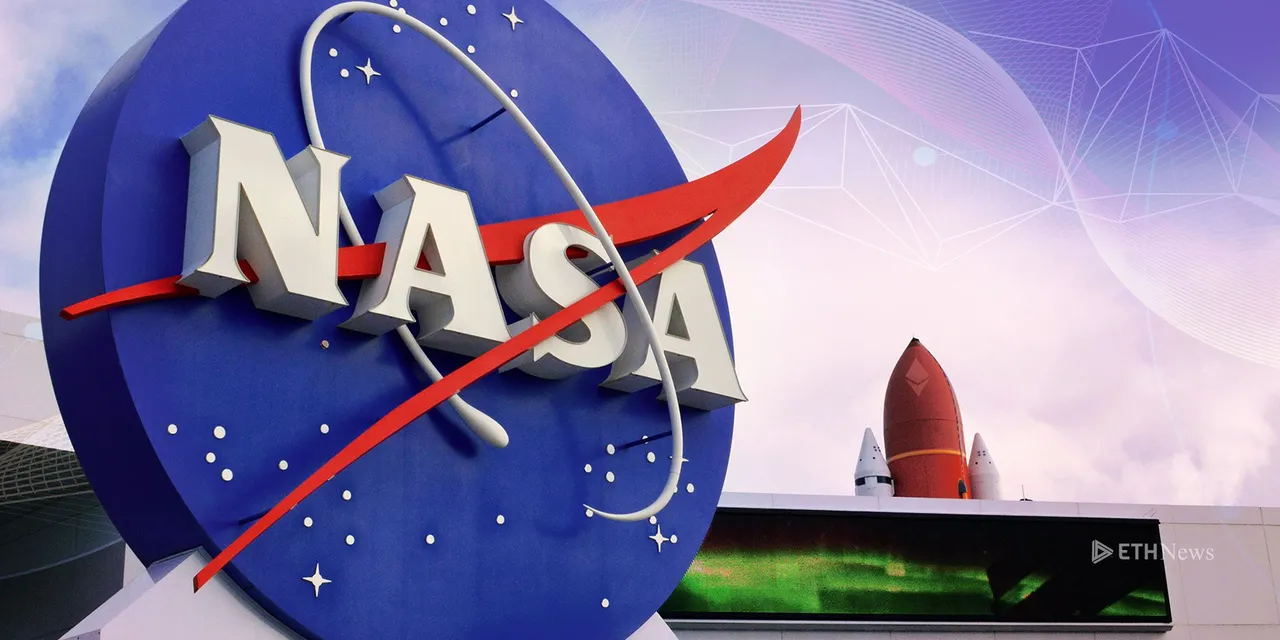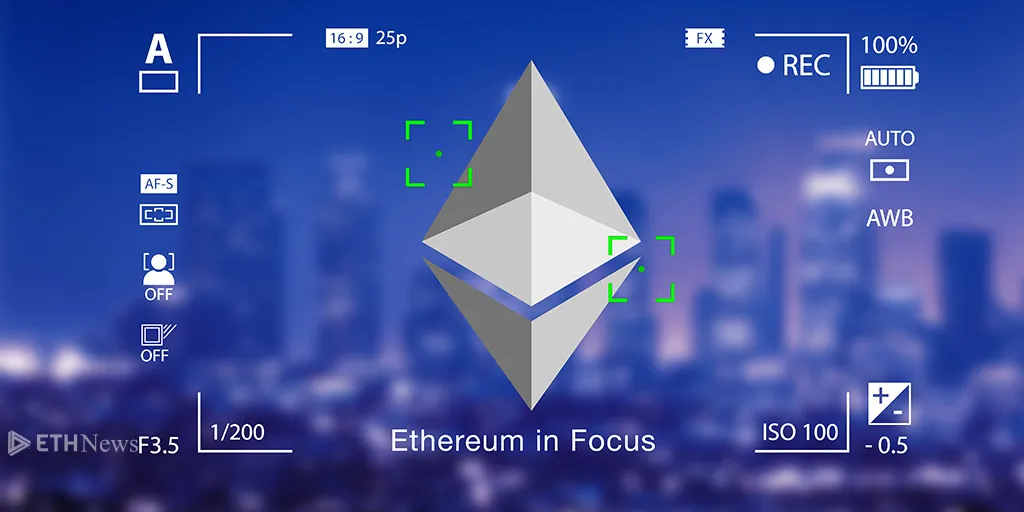NASA, National Aeronautics and Space Administration, awarded a grant to the University of Akron for research on data analysis and the related applications that the Ethereum blockchain can have in space. Funds provided by the government agency will allow a group led by Professor Jin Wei Kocsis to carry out pioneering research for a resilient network system based, in part, on the Ethereum blockchain.

The blockchain in space?
Space exploration has now taken giant steps, even though most of the instruments are still linked to stations on Earth, for data and instructions. For example, while the satellites are moving away from the Earth, NASA must send more information in deep space to reach them. Sending of transmissions requires more and more time as the distance increases.
Satellites, however, must receive communications quickly to effectively respond to threats in space, such as debris or data collection opportunities. Allowing a satellite to use artificial intelligence (AI) and fuzzy logic, working on a fast-response blockchain network would be a huge benefit to satellites and stations in space. This would essentially allow the satellite to "think" and act autonomously in some specific cases.
At the end of 2017, NASA subsidized the research for three years by allocating $ 330,000 (with an action obligation of $ 224,152) to the University of Akron to search for a resilient network over time that uses a new calculation system. In other words, a decentralized computing infrastructure. The new system would be based entirely on new technologies such as the Ethereum blockchain and artificial intelligence, thus creating techniques that make a crasis between deep learning techniques and fuzzy logic methods.

Among the objectives of the research are measures that allow NASA vehicles to protect themselves from collisions with the space debris present in the Earth's orbit. This is to avoid the continuous damage that these structures suffer thousands of kilometers from the Earth, which sometimes cause the total inability of the stations to process data or respond to commands.
At the helm of the research project is Dr. Jin Wei, a professor in the Department of Electrical and Computer Engineering of the University of Akron.
In the United States Government's Collier Report there is a summary of the project of the project led by Dr. Wei. In its entirety are described the plans to develop "data-driven resilient and cognitive networking management architecture", ie a system that allows to manage, in a resilient way, a cognitive network based on data. The Wei team will also conduct research into how decentralized computing mechanisms could prove useful in processing the huge amount of data NASA space probes collect daily.
A description of the project on the university website states that Wei's work:
"It will advance cognitive communications in NASA's science and space exploration, developing a system that allows a resilient management of a data-based cognitive network that will improve the efficiency of spatial communications."
If research were to prove fruitful, the system developed by Wei will allow NASA spacecraft to operate more independently than today, requiring less instructions from the mission's control station. This will allow scientists in the future to focus exclusively on space research and less on other secondary issues. Today, spaceships are totally dependent on man. Wei's work could help NASA further move its fleet of satellites into the universe.
The stated objective of the Space Technology Research Grants (STRG) is to:
"Accelerate the development of space technologies at an early stage, to allow NASA in the future to have capacity and systems to allow free access to space to other government agencies and the commercial sector"